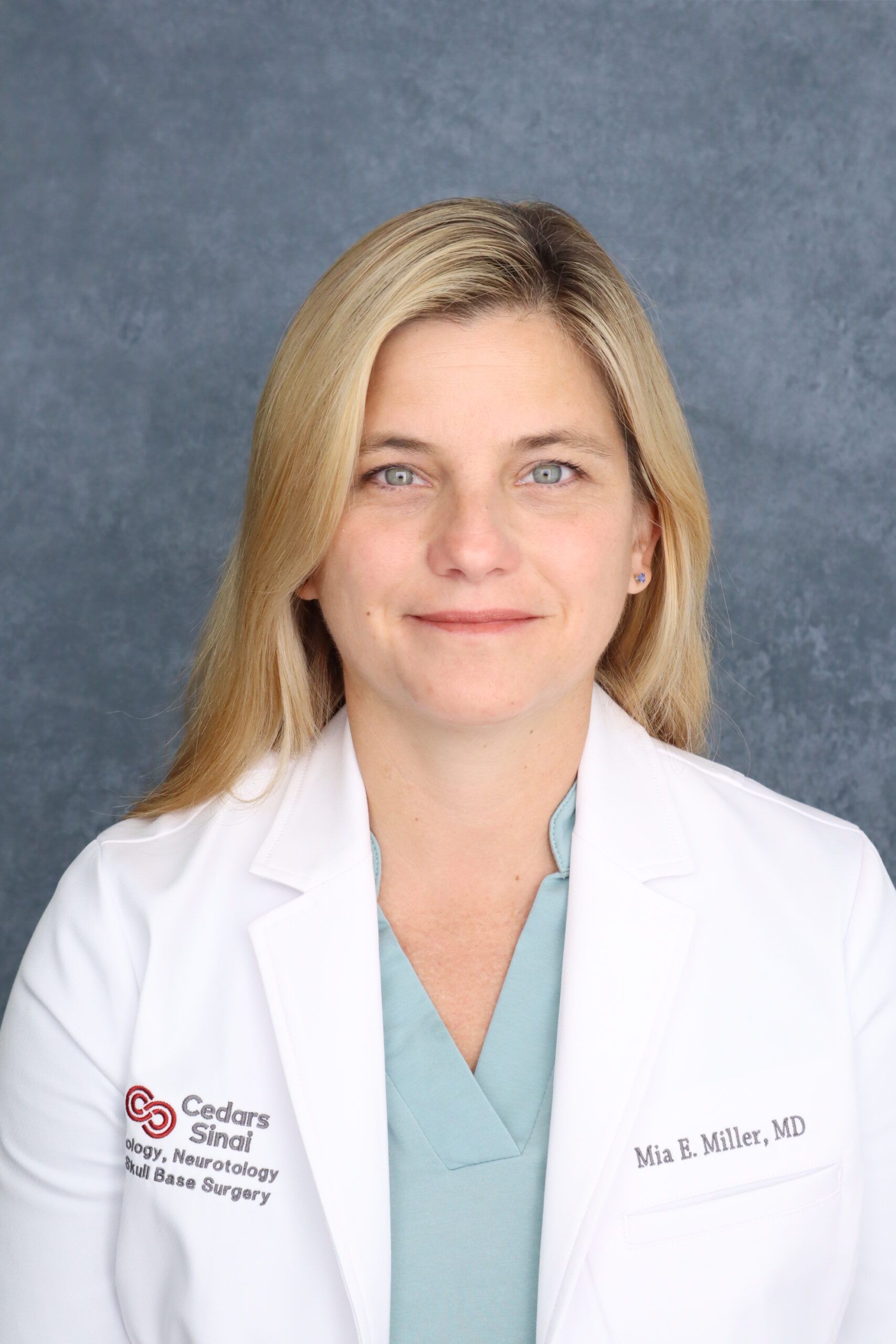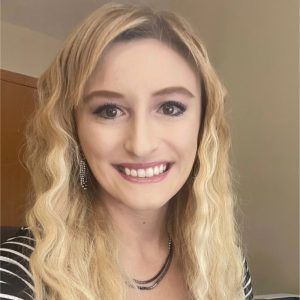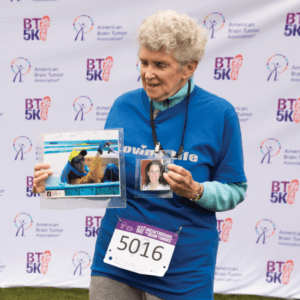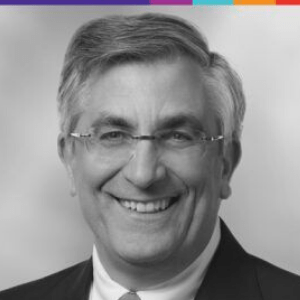Sponsored by Cedars-Sinai: This content is not an endorsement from the ABTA.
After an acoustic neuroma diagnosis, you’re faced with complex decisions about your treatment options. But you don’t have to make these decisions on your own. A multidisciplinary care team can evaluate your whole health and work with you to develop a plan based on your needs and goals.
At Cedars-Sinai’s Acoustic Neuroma and Lateral Skull Base Tumor Program, top surgeons work alongside specialized clinicians to guide you through diagnosis and treatment and get you back to living your life.
Here, program co-directors Mia Miller, MD—an otologist/neurotologist—and neurosurgeon John Yu, MD, share three reasons why receiving care from a multidisciplinary team of acoustic neuroma experts is crucial to your long-term recovery.
1. Decision Making Guidance
At Cedars-Sinai, acoustic neuroma experts jointly evaluate your health, the tumor, and how to best address the tumor, whether with observation, radiosurgery to stop it from growing, or microsurgery to remove all or as much of it as possible.
A facial nerve specialist, a vestibular therapist, a physical therapist and audiologists work alongside the surgeons to determine how the tumor disrupts your hearing and balance and to assess the likelihood of preserving your remaining hearing and facial function.
“There often can be a gray area as to which path is best, so our multidisciplinary team can work together to make a recommendation and walk patients through that,” said Yu.
If you’re experiencing dizziness, the team’s vestibular specialist, Edward Cho, MD, can analyze whether the tumor is the cause, so you can be assured that the treatment you get will be effective.

Our teams are flexible and responsive to your goals. If you opt to monitor the tumor with an MRI scan every six months, you can always reevaluate with the help of your clinicians.
“The best way to preserve hearing long-term is to treat the tumor with surgery before it grows,” Miller said. “Our teams help patients make these decisions based on risks and benefits, but ultimately each patient chooses which approach to take.”
The group also includes a knowledgeable facial plastic surgery team that helps patients with any temporary facial weakness and, in very rare cases, permanent facial weakness.
2. The Support of a Patient Navigator

At Cedars-Sinai’s Acoustic Neuroma and Lateral Skull Base Tumor Program, patients are paired with a patient navigator, Maria Bihis, who serves as a partner to guide you through diagnosis, treatment and recovery.
The patient navigator helps you get comfortable with your options so you can ease into a well-considered course of action. Maria can arrange your appointments to fit your schedule and make sure you get the care you need as quickly as possible.
“Patients really do come first, and it’s important to make you as comfortable as possible in a very scary situation,” Yu said.
Maria also can put you in touch with other acoustic neuroma patients who can offer you support and connection by sharing their treatment experiences.
3. Access To Research
At academic institutions such as Cedars-Sinai, multidisciplinary teams include researchers who are seeking to improve care for patients. For example, in a current clinical trial, Yu uses a substance derived from scorpion venom to “light up” a tumor, which may help the surgery team perform a safer and more precise resection to avoid disrupting healthy nerve tissue.
Miller and Yu also are studying whether acoustic neuromas can be treated with targeted immunotherapy. Additional studies seek to better understand the way acoustic neuromas grow by analyzing stem cells that propagate tumors.
To set up a consultation with an acoustic neuroma expert at Cedars-Sinai, call us at (424) 314-0628 or email acousticneuroma@cshs.org. You can also visit cedars-sinai.org/secondopinion to schedule a virtual second opinion with an acoustic neuroma expert at Cedars-Sinai. The acoustic neuroma specialists host quarterly patient education events. To learn more and to register, email maria.bihis@cshs.org.

Jessie Schlacks
Jessie is Managing Editor of the bi-monthly e-newsletter MindMatters. Submit story ideas or questions to jschlacks@abta.org.





















